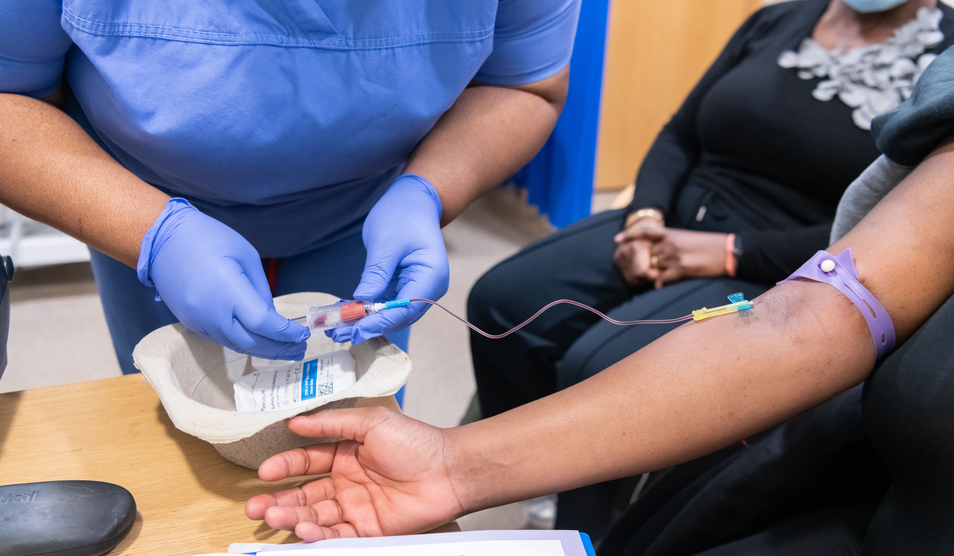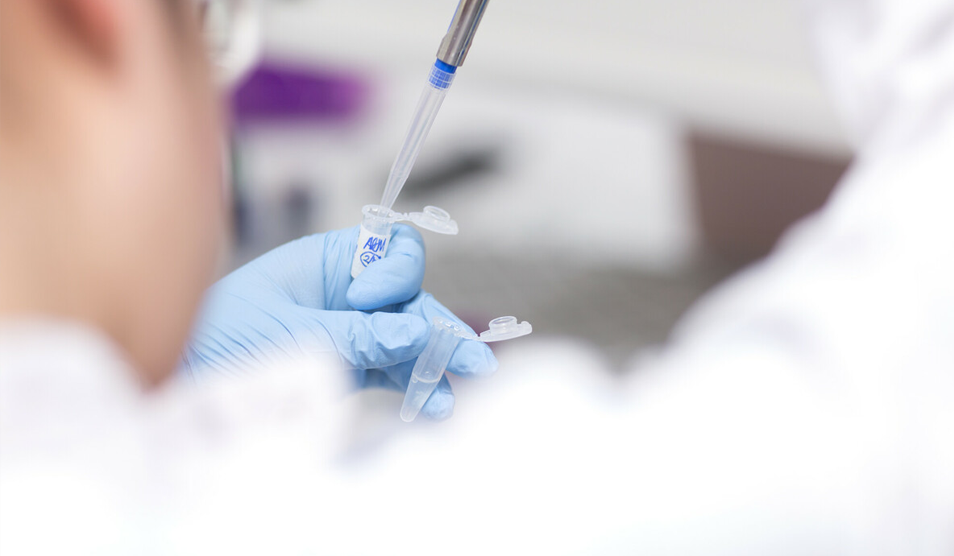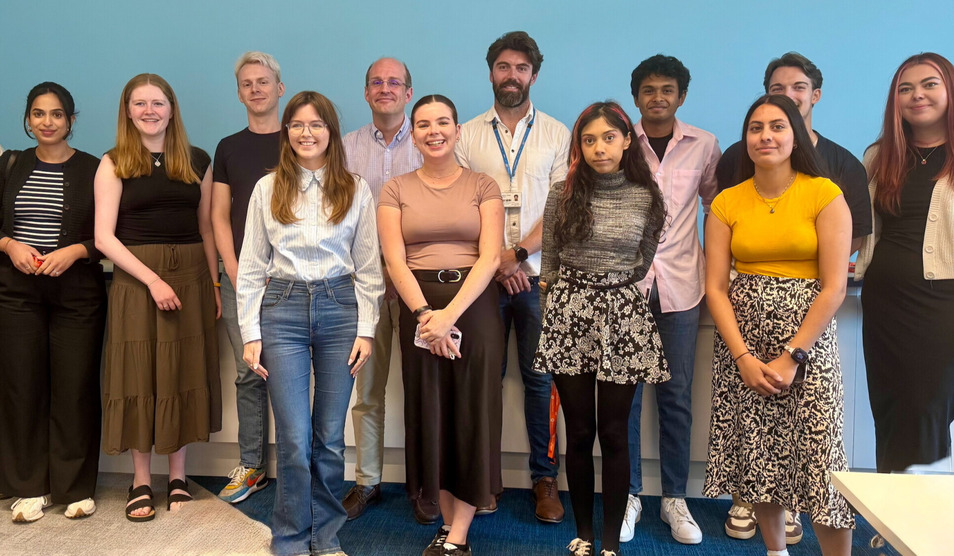North west London acute trusts make formal proposal to develop an elective orthopaedic centre
Following a significant amount of exploratory and feasibility work involving a wide range of teams, and drawing on feedback from patient and public events, focus groups and interviews in June, the four acute hospital trusts in north west London are now working up a formal proposal to develop an elective orthopaedic centre at Central Middlesex Hospital.
This is one of the first major collaborations for the acute partners as we look to build on the success of increased partnership working during the pandemic with longer term, more strategic improvements. Bringing together more ‘high volume, low complexity’ surgery, separated as far as possible from urgent and emergency care, is one of the key ways in which we can increase planned care capacity to help us tackle long waiting times. Evidence also shows that when teams have more experience of the same, routine operation, there is an improvement in both quality and efficiency – helping us provide better care to more patients, more quickly. Under the proposal, orthopaedic day case surgery and surgery for patients with more complex needs would continue in their current locations while most routine, inpatient orthopaedic surgery - around 4,000 operations a year - would be brought together at Central Middlesex.
There is already a strong track record for elective centres in the NHS providing orthopaedic care. A well-established example in London is SWLEOC (South West London Elective Orthopaedic Centre). Recognised as the largest joint replacement centre in the UK and one of the largest in Europe, it is rated outstanding by the Care Quality Commission. Elsewhere in the country, the elective orthopaedic centre for The Royal Cornwall Hospitals NHS Trust performs well, some of the best results on length of stay and readmission rates.
With the agreement of the eight local authorities in north west London, the trusts are working up the proposal to take out to a three-month public consultation later this autumn. This includes more work on identifying the best approaches to staffing, patient pathways, travel and accessibility. We will be looking to involve many more staff, patients and member of the public in this work over the next few months, particularly those most likely to be affected by the potential move of some surgery.
If you would like to know more or are interested in taking part in the consultation and wider involvement activities, please email imperial.communications@nhs.net



